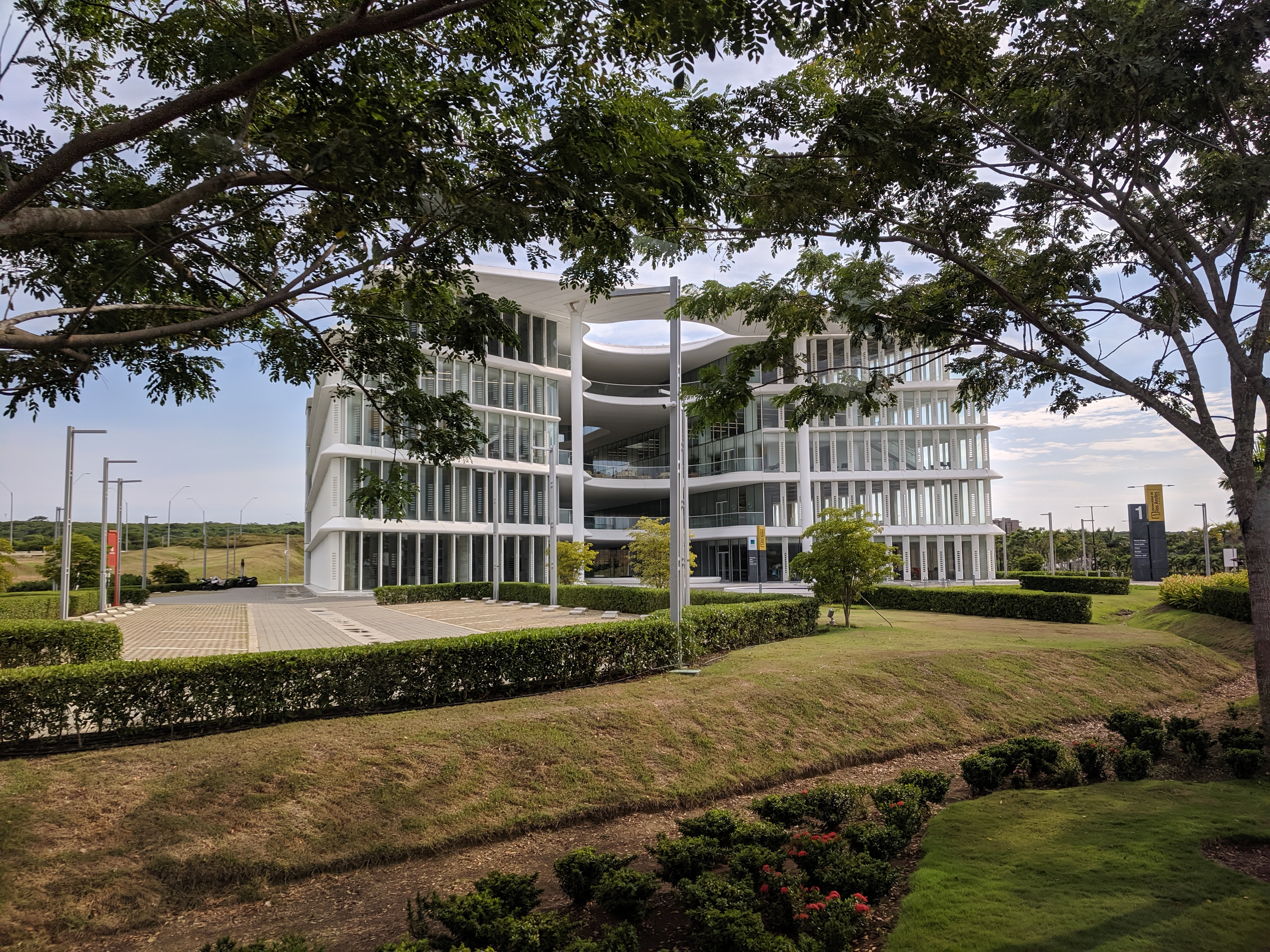SALURBAL team members participate in Latin American Conference on Complex Networks in Colombia
Cartagena, Colombia,
August 12, 2019
The Latin American Conference on Complex Networks took place at the Universidad de Los Andes in Cartagena, Colombia from August 5-9. The Conference was organized by the Universidad de los Andes in collaboration with the Social & Health Complexity Center (Felipe Montes), EpiAndes (Olga Lucia Sarmiento) and the Universidad de Ibague (Jose David Meisel). Ivana Stankov, Felipe Montes, Jose David Meisel, Andres Useche, and Ross Hammond represented the SALURBAL project.
LaNet 2019 convened 140 researchers from 14 countries working on network science in Latin America. In the context of this rapidly growing field, the Conference seeks to provide a consistent space to support collaboration and further the discipline across Latin American universities and research institutions. The week-long conference allowed team members to showcase the SALURBAL project’s work on networks and complex systems approaches and engage with local and international researchers from a broad range of disciplines.
Ivana Stankov, PhD, Senior Research Scientist at the Urban Health Collaborative at Drexel University, presented “Leveraging network and cross-impact balance (CIB) analyses to understand the influence of transportation and food systems on health in Latin America,” highlighting preliminary findings of a study that focused on extending the findings of the Systems Group Model Building Workshops conducted in the context of the SALURBAL project last year in Peru, Brazil and Guatemala.
Using network analysis and a novel approach known as cross-impact balance analysis, the study sought to better understand how food and transport systems impact health in Latin American cities. The research team followed up with eleven food and transportation experts from the Peru and Brazil workshops. Participants were asked to appraise the strength and nature of the relationships between a core set of food and transportation variables identified during the workshops. This information was used to construct a network which represents relationships between different components of the food and transportation system and their influences on health in the region. Within this network, political will for change, car use, healthy food prices and physical activity were identified as highly influential in shaping health in the region. The network was also used to identify health-promoting and health-limiting scenarios for cities in the region.
